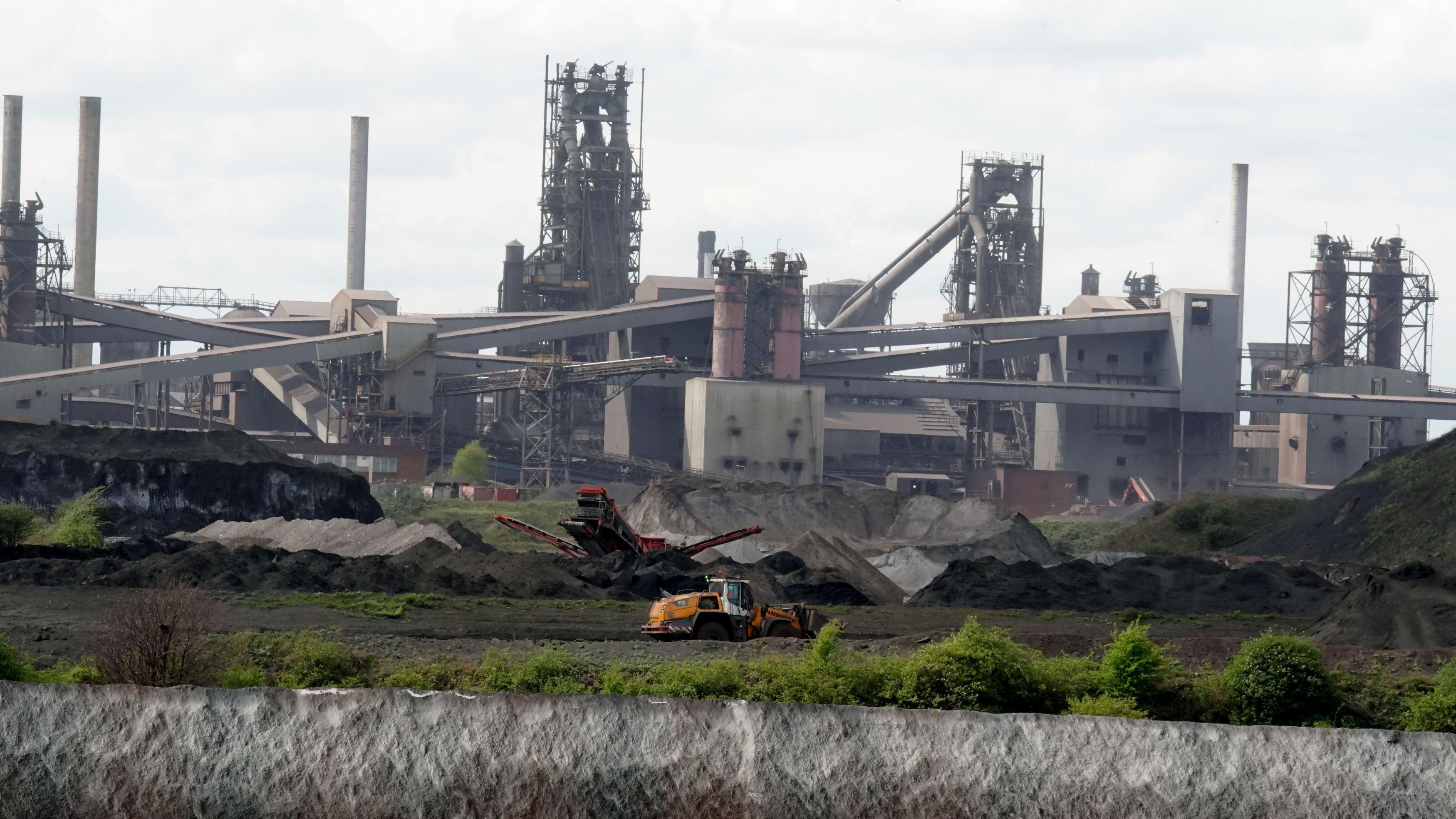Wood was an international engineering powerhouse constructed from steel beams.
The business originated from a fishing boat repair yard when Sir Ian Wood, whose father owned the company, visited Texas at the beginning of the 1970s. He then recognized the immense potential that Aberdeen’s burgeoning offshore sector held.
Under Sir Ian’s leadership, it expanded through securing contracts and acquiring businesses, eventually achieving a stock market valuation exceeding £5 billion ($6.5 billion).
However, a perilous takeover of a U.S. competitor led to biting off more than they could chew.
The board is now urging for acceptance of a £242 million ($318 million) proposal from Dubai-based Sidara.
As an oil services firm, Wood didn’t need the risky investment funds required for drilling operations, nor did it reap the substantial gains that were awarded to those who provided them.
Nevertheless, it performed exceptionally well in delivering the engineering services for that drilling, encompassing design, operations, and maintenance.
During its prime, it had over 50,000 employees globally.
When
Sir Ian stepped down as chairman in 2012.
His successors went on to expand further and aimed to lessen their reliance on oil and gas.
But
the agreement for AMEC Foster Wheeler
A U.S. competitor in the same field, burdened with significant debts, turned out to be an insurmountable challenge.
An outside probe into the firm revealed that its corporate governance had deteriorated.
Wood’s reports for the previous year have been held up, and its stock price has dropped from a high of £9 ($11.85) in 2013 when oil prices were elevated, down to merely 28p ($0.37).
Given the substantial debts scheduled to mature in the coming year, coupled with the fact that the terms of these debts have been violated this year, alternative solutions have been explored.
However, according to its directors, these alternatives appear less appealing compared to the Sidara bid, which proposes acquiring the shares for £242 million and injecting an additional £340 million ($448 million) of capital.

This kind of arrangement could be beneficial for a company such as Wood and its numerous employees. Both parties involved in the negotiations argue that an acquisition would provide staffers with opportunities to collaborate across various Sidara units.
Thanks to stronger financials, it can now tap into a broader segment of Sidara’s current customer pool and expand across different regions.
Therefore, it might expand, which could end up being positive news—or at the very least, more favorable news compared to the company facing dissolution.
Should this agreement proceed with backing from both boards and Wood’s shareholders—and considering the careful legal wording, which suggests this outcome is increasingly probable—it would signify yet another significant Scottish firm falling under foreign ownership.
This represents a decline in both top-tier professionals and supply agreements, affecting lawyers, marketers, consultants, and auditors, along with local printers, caterers, and beneficiaries of sponsorships.
Over the past few decades, Scotland has seen numerous large corporations emerge as major international players or come close to achieving such status.
However, due to multiple factors, they were either sold off or that commitment diminished over time, leading to a loss of corporate influence.

Scottish & Newcastle Breweries was among them,
divided and distributed among Heineken and competing companies
Previously, a significant portion of the whisky distillery business was controversially consolidated into Diageo.
Halifax Bank of Scotland, also known as
HBOS, which is now part of Lloyds Banking Group,
While the financial crisis of 2008 led to the curtailment of Royal Bank of Scotland’s expansive ambitions and a transfer of power to London.
Several Scottish financial institutions were acquired by international entities: Scottish Mutual, Scottish Provident, Scottish Widows, and TSB.
Standard Life merged with
Aberdeen Asset Management
, and has undergone a complex transformation marked by reducing size. The Clydesdale Bank, headquartered in Glasgow, eventually became part of Virgin Money before joining Nationwide.
Stagecoach and FirstGroup have been major figures in transportation, not only in Britain but also in the realm of American coaches and school buses.
Nevertheless, one was sold to a German investment firm, and First, which is headquartered in Aberdeen, has undergone reductions.
Bus-builder
Alexander Dennis was brought back by Scottish investors and then sold to a Canadian transportation company.
.
In newer technology,
Skyscanner has identified a purchaser from China.
The online gaming startup FanDuel was acquired in a takeover that resulted in minimal returns for its creators despite its significant achievements in the U.S. market, and they are currently involved in litigation as a result.
Although SSE is a Scotland-based firm that is expanding internationally, its competitor based in Glasgow – which once operated as a state-owned energy provider – ScottishPower was acquired by Spanish company Iberdrola approximately two decades ago.
This presents a uplifting tale of a leadership position at headquarters that holds considerable importance and has global impact.
Starting from Madrid, Iberdrola aims to leverage opportunities in Glasgow for expanding its global wind power initiatives.
Threat of losing control
The departure of headquarters has been an ongoing issue for the Scottish economy, extending back through much of the previous century as well.
In an open economy connected to the London financial markets, companies have taken advantage of expansion opportunities through acquisitions abroad. However, this has left Scottish businesses susceptible to takeovers when they become weakened or undervalued.
And instead of expanding, owners have chosen to profit from their current success.
The change lies in London recognizing the risk of losing control over headquarters, especially for sectors deemed strategically important in the new global order that is currently taking shape.
Having the
The steel industry dominated by China and India.
is now recognized as a major issue.

A significant portion of Britain’s defense sector is managed from the United States and France, with much reliance placed on BAE Systems, an entity that spans both sides of the Atlantic Ocean.
The London Stock Exchange is finding it difficult to maintain its attractiveness for raising capital. This issue is partially due to technological advancements that have enabled financial transactions with reduced reliance on stock exchanges, leading to decreased public transparency from these firms.
In governmental roles, the SNP has shown hesitance in defending Scottish corporate leaders as they did when opposing.
At Westminster, the Labour Party is gradually formulating a cohesive industrial policy, selectively supporting emerging sectors while also safeguarding those with significant strategic importance.
It could end up taking control of only those businesses that are considered too large or significant to be allowed to fail or close down.
That doesn’t sound like much of a plan.
- Engineering firm Wood supports £242 million takeover proposal
- Engineering firm Wood dismisses takeover overture